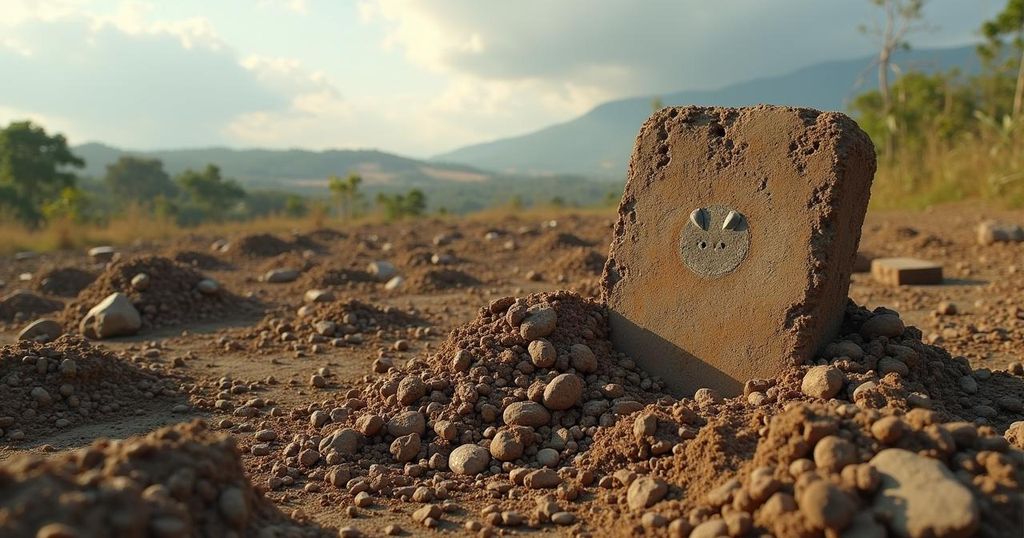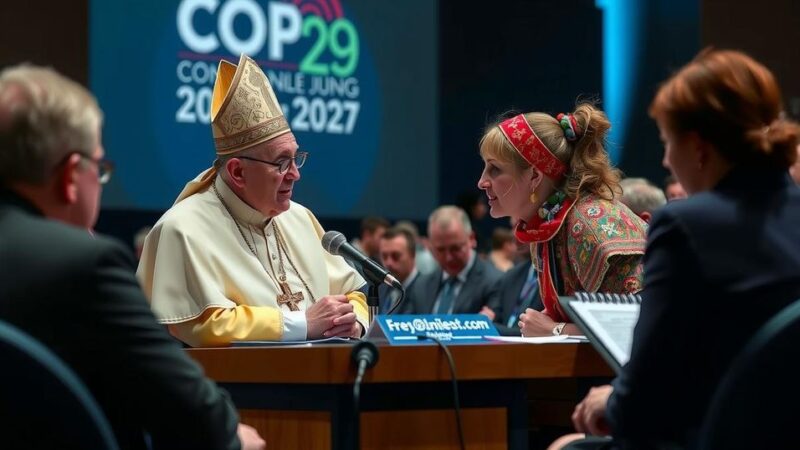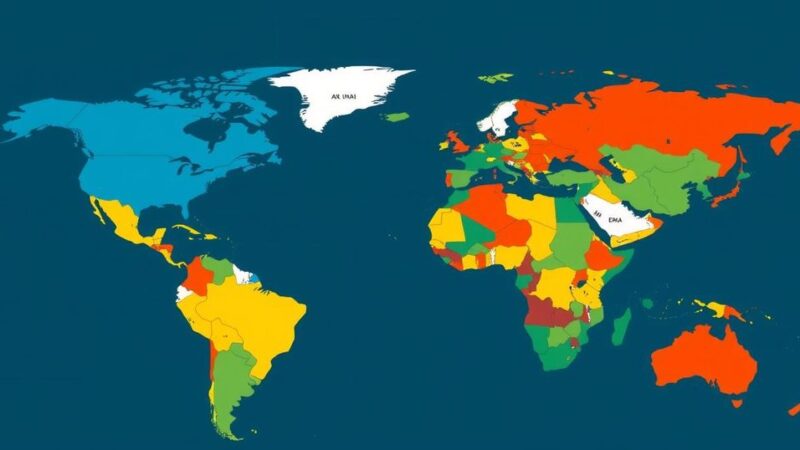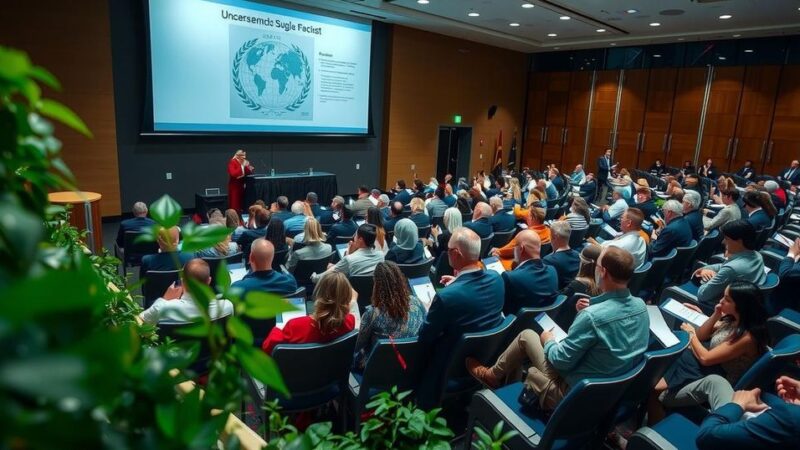Landmines remain a troubling legacy in Colombia and Angola, with both countries grappling with the repercussions of decades-long conflicts. While Colombia’s internal strife involved groups such as FARC, Angola’s contamination stems from its struggles against Portuguese colonialism and civil war. Both nations face significant de-mining challenges exacerbated by funding shortages, hindering safety and development efforts. International cooperation and sustained support are vital to overcoming these challenges and achieving landmine-free status.
In Bogotá, Colombia, the echo of landmine detonations has become a haunting reminder of the nation’s turbulent history. Even though the capital is distant from the intense conflict zones that defined the past, the peril posed by landmines remains a pressing concern in the collective consciousness of the Colombian people. This grim situation stems from over sixty years of internal conflict particularly involving the Revolutionary Armed Forces of Colombia (FARC) among other guerrilla factions. Rural regions in Colombia bear the brunt of this legacy, with thousands of landmines embedded in villages, agricultural lands, and forests during the protracted strife. These mines were often laid without meticulous documentation, rendering vast areas treacherous. Despite progress made by the Colombian government and various international organizations in de-mining initiatives, the war’s scars manifest in the form of lost lives and debilitating injuries. International accords such as the Ottawa Treaty, which prohibits the use of anti-personnel landmines, have not fully alleviated the threat. Alongside Colombia, Angola remains one of the most heavily mined nations, with over 73 million square meters of land still contaminated and more than 1,100 identified and suspected minefields. Both nations have faced sluggish de-mining processes that are impeded by fiscal constraints and the extensive scope of the contamination. The repercussions of landmines extend beyond immediate safety concerns; they significantly impede economic development as well. Angola’s mines, remnants of its struggle for independence from Portugal followed by a civil war, continue to stifle agriculture and livelihoods. Correspondingly, in Colombia, landmines have inhibited rural advancement and restrained families’ capacities to safely return to their land and engage in farming. De-mining operations are both time-consuming and costly, necessitating considerable international aid and donor assistance. The lack of sustained global focus renders the aspiration of becoming landmine-free an elusive goal. In Angola, for instance, international financing for de-mining efforts plummeted by more than 80% between 2005 and 2017, further complicating an already difficult situation, particularly in light of declining prices of the country’s key commodities. Despite an initial expectation to cease de-mining activities by December 2013 per the Ottawa Treaty, Angola has now extended its deadline to 2028, illustrating the monumental challenges present. This scenario parallels Colombia’s ongoing battle against landmine contamination, indicating that both nations will necessitate ongoing international support to meet their de-mining objectives. The shortcomings in arms control that have led to these human tragedies highlight the imperative for more stringent regulations and enhanced international collaboration. Should the international community fail to bolster oversight of arms trading, the enduring repercussions of these weapons will irrevocably affect future generations.
The topic of landmines in Colombia and Angola arises from decades of armed conflict in both countries, with significant implications for civilian populations and economic development. In Colombia, over sixty years of conflict involving guerrilla groups has led to the widespread deployment of landmines, particularly impacting rural communities. Meanwhile, Angola’s challenges stem from its history of colonial struggle and civil war, leaving a legacy of landmines that continues to threaten public safety and economic stability. Both nations face long, costly paths to de-mine their territories, impeded by the effects of international funding cuts and logistical challenges. International efforts, particularly through treaties like the Ottawa Treaty, aim to address these issues; however, compliance and implementation remain difficult, underscoring the need for more robust global cooperation and support.
In conclusion, the legacy of landmines in Colombia and Angola serves as a poignant reminder of the long-term consequences of armed conflict. Both nations continue to confront the humanitarian and economic repercussions associated with landmines, which hinder development and threaten lives. As international funding for de-mining dwindles, the necessity for sustained global attention and cooperation becomes increasingly critical. Only through concerted efforts can both countries hope to achieve their aspirations of becoming landmine-free, ultimately paving the way for a safer, more prosperous future.
Original Source: punchng.com






